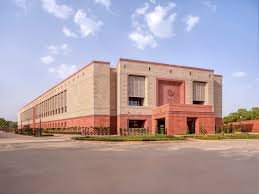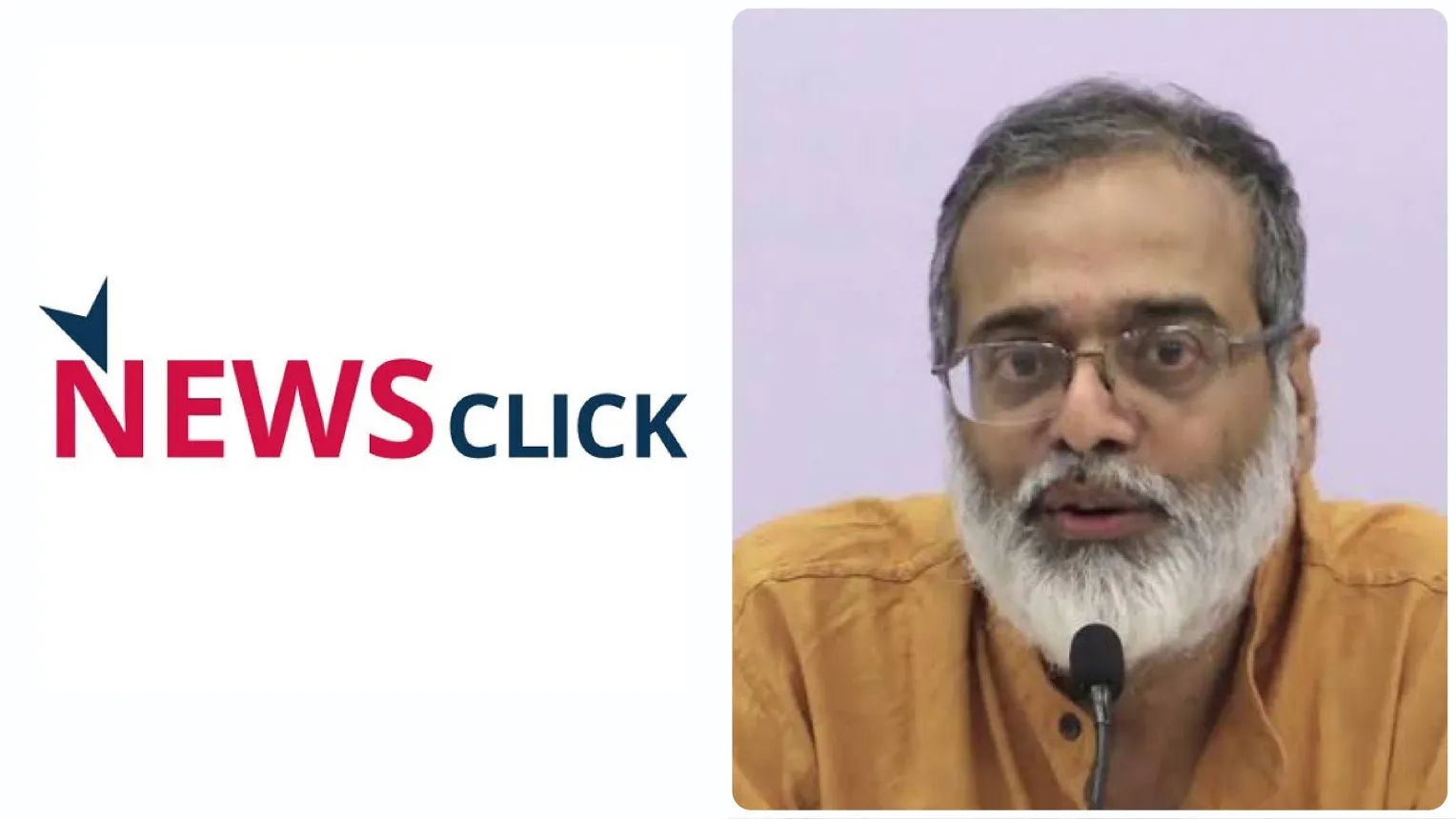A concise overview of the inquiries raised during the fourth day of the Winter Session 2023 in the House of Commons.
During the fourth day of the Winter Session 2023 of the Indian Parliament, discussions revolved around concerns regarding funding for the India International Arbitration Centre (IIAC), judicial appointments, and the establishment of the All India Judicial Services (AIJS). Below is a summary of the questions raised and the responses provided on December 7:
Judicial Appointments: In 2023, the appointment of 110 High Court judges has been made, while 122 proposals are still pending. Arjun Ram Meghwal, Union Minister of State (Independent Charge) for Law and Justice, revealed that there were 171 proposals from High Court Collegiums under various stages of processing at the beginning of 2023. An additional 121 proposals were received during the year, bringing the total to 292. Out of these, 110 proposals have been accepted for judicial appointments, while 60 were referred back to the High Courts based on the Supreme Court Collegium’s advice, leaving 122 proposals unresolved. Of these 122, 87 were referred to the Collegium for guidance, with 45 currently being processed within the government. There are 42 pending matters with the Collegium, and the remaining 35 recently received proposals are in the process of being prepared for consultation with the Collegium. To provide context, 165 judges were appointed to High Courts in 2022.
All India Judicial Service (AIJS): The issue of establishing an All India Judicial Service (AIJS) was raised by Rajeev Shukla, a representative from Maharashtra Rajya Sabha. Meghwal explained that a comprehensive proposal for AIJS in 2012 faced objections, as state administrations and high courts held varying opinions. Deliberations in conferences held in 2013, 2015, and 2022 failed to achieve unanimous agreement. Consequently, due to differing viewpoints among key stakeholders, there is currently no consensus on establishing AIJS.
Representation of Women and Minorities: Dr. John Brittas, Member of Parliament for Kerala, inquired about the representation of female and minority community judges in the High Courts and Supreme Court. Meghwal provided statistics, stating that out of 650 judges appointed to different High Courts over the past six years, 23 were from Scheduled Castes (SCs), 10 from Scheduled Tribes (STs), 76 from other backward castes, and 36 from minority groups. Details on thirteen judges were unavailable. Only three justices on the Supreme Court are female: Hima Kohli, BV Nagarathna, and Bela Trivedi. Of the 790 justices in High Courts nationwide, only 111 are female, and certain High Courts lack female judges, including Meghalaya, Uttarakhand, and Tripura.
Funding for India International Arbitration Centre (IIAC): Responding to a query from Priyanka Chaturvedi, a member of the Maharashtra Rajya Sabha, Meghwal disclosed that ₹3.75 crore has been disbursed to the India International Arbitration Centre (IIAC) since its establishment in June 2022. This amount breaks down to ₹2.25 crore for 2022-23 and ₹1.5 crore for 2023-24.
Arbitrators’ Fees and Guidelines: Vivek Tankha, a member of the Madhya Pradesh Rajya Sabha, asked whether the government plans to issue regulations governing arbitrators’ fees. The Law Ministry clarified that arbitrators’ fees adhere to the institution’s regulations for administered arbitrations and that the Supreme Court has established case-by-case guidelines for ad hoc arbitrations. The Model Fee is specified in the Fourth Schedule of the Arbitration and Conciliation Act, while deposits for costs and arbitration-related expenses are governed by Sections 38 and 31A, respectively. The Ministry concluded that additional guidelines were unnecessary.



